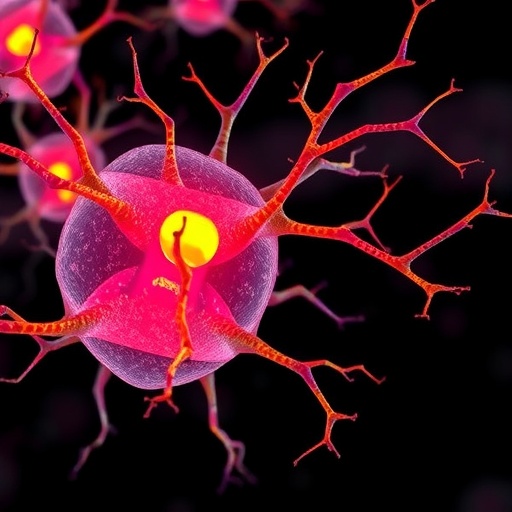Summary
Metabolism does more than affect weightits tied to energy, stress, sleep and gut health.
Stress, sleep, gut health and insulin sensitivity all influence how your body burns energy.
Protein, strength training and regular meals help support a healthy, efficient metabolism.
When youre feeling slu…
Source: EatingWell

AI News Q&A (Free Content)
Q1: How does stress influence metabolism and overall health?
A1: Stress can significantly impact metabolism by triggering the release of hormones like cortisol, which can alter energy expenditure and affect how the body stores fat. Chronic stress may lead to metabolic syndrome, a cluster of conditions that increase the risk of heart disease and diabetes. Effective stress management strategies are crucial in maintaining a healthy metabolism and preventing related health issues.
Q2: What role does sleep play in metabolic health?
A2: Adequate sleep is essential for metabolic health as it helps regulate hormones such as insulin and leptin that control hunger and blood sugar levels. Sleep deprivation can lead to insulin resistance and increased appetite, contributing to weight gain and metabolic disorders. Ensuring sufficient, quality sleep is vital for maintaining a balanced metabolism.
Q3: How does gut health affect metabolism?
A3: The gut microbiome plays a crucial role in metabolism by influencing energy extraction from food and regulating metabolic processes. An imbalance in gut bacteria can lead to metabolic disorders like obesity and type 2 diabetes. Consuming a diet rich in fiber and probiotics can support a healthy gut microbiome and, consequently, a healthy metabolism.
Q4: What scientific insights have been discovered about the relationship between metabolism and brain function?
A4: Research reveals that brain metabolism requires substantial energy, with glucose being the primary fuel. The brain's metabolic rate is linked to its volume, and imbalances can lead to neurological disorders. Understanding cerebral energy expenditure offers insights into conditions like Alzheimer's and cognitive decline, highlighting the importance of metabolic health for brain function.
Q5: How do protein intake and strength training contribute to a healthy metabolism?
A5: Protein intake and strength training are vital for building muscle mass, which increases the basal metabolic rate (BMR). More muscle mass means higher energy expenditure, even at rest, aiding in weight management and metabolic health. Regular strength training and adequate protein consumption are effective strategies for boosting metabolism.
Q6: What is the impact of insulin sensitivity on metabolism?
A6: Insulin sensitivity refers to how effectively the body uses insulin to lower blood glucose levels. High insulin sensitivity allows cells to use glucose more efficiently, reducing the risk of type 2 diabetes. Improving insulin sensitivity through diet, exercise, and lifestyle changes is key to maintaining metabolic health and preventing metabolic diseases.
Q7: Can new technological advancements improve metabolic health management?
A7: Recent advancements in digital health and AI offer promising tools for managing metabolic health. AI-driven applications can provide personalized health interventions, track metabolic parameters, and offer real-time feedback to users. These technologies hold potential for enhancing individualized care and improving metabolic health outcomes.
References:
- Metabolism - Wikipedia
- Burn: The Misunderstood Science of Metabolism - Wikipedia
- Global and regional brain metabolic scaling and its functional consequences
- Jan Karbowski
- The Digital Transformation in Health: How AI Can Improve the Performance of Health Systems
- África Periáñez et al.





